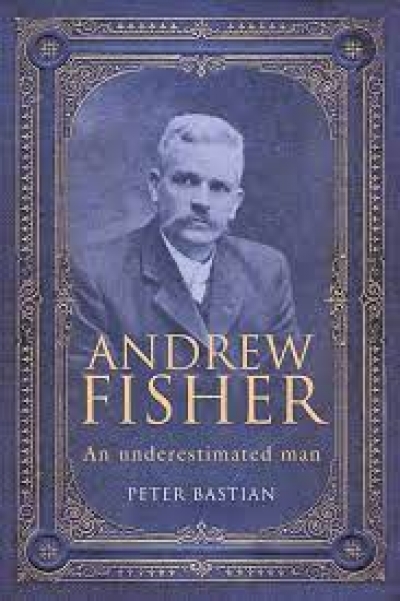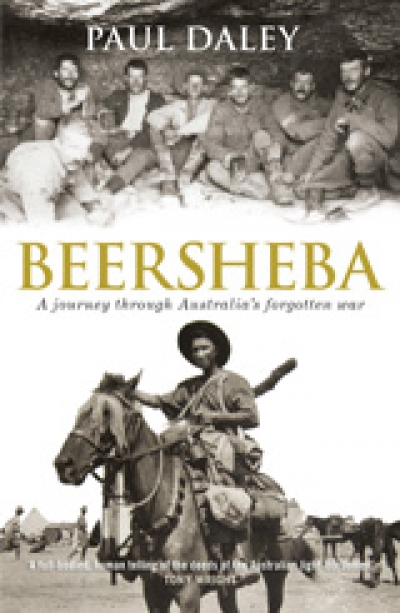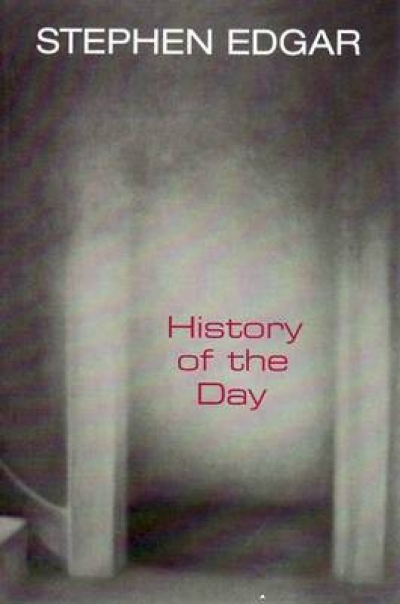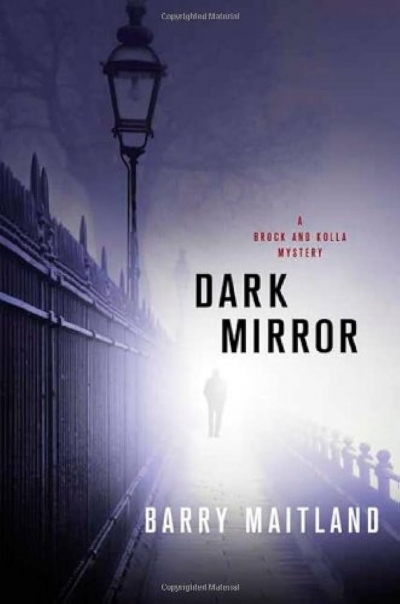Archive
Biographies, exhaustively researched, can take years, even decades to write – Jill Roe’s recent life of Miles Franklin is a good example – but few have to wait a century for a publisher. Written in 1906 and sold as a handwritten manuscript to the Mitchell Library in 1926, Cyril (brother of Gerard Manley) Hopkins’s obscure ‘Biographical Notice of the Life & Work of Marcus Clarke’ is published for the first time this month as Cyril Hopkins’s Marcus Clarke (Australian Scholarly Publishing).
Drawing on Clarke’s early journalism, Hopkins’s memories of Clarke from their time as schoolboy intimates in England, and the pair’s decades-long correspondence after Clarke’s emigration to Australia in 1863, this volume provides an unprecedented glimpse of the author of For the Term of His Natural Life. It is laced with anecdotal riches, including Clarke’s habit of depositing his unfinished cigars in the mouth of a green metal lion as he entered the Melbourne Public Library. The lion, smoking the cigar, became a signal to his friends that Marcus was within.
... (read more)Beersheba: A journey through Australia’s forgotten war by Paul Daley
Birdscapes: Birds in our imagination and experience by Jeremy Mynott
Charles Kingsford Smith and Those Magnificent Men by Peter FitzSimons
The judges of the early Miles Franklin Awards clearly knew what they were about. Their inaugural award went to Patrick White’s Voss in 1957; the second to Randolph Stow’s To the Islands in 1958. At the time, White was in the early stages of a distinguished career that would bring him Australia’s only Nobel Prize for Literature, while the precocious Stow also promised great things. Hailed as a literary wunderkind, he had published two novels, A Haunted Land (1956) and The Bystander (1957), and his first collection of poetry, Act One (1957), by the time he was twenty-two. When Act One was awarded the 1957 Gold Medal of the Australian Literature Society and To the Islands won it the following year, plus the Melbourne Book Fair Award and the Miles Franklin, he seemed to be embarked upon a stellar career.
... (read more)Anthony Lynch reviews ‘Cultural Studies Review Vol. 15, No. 1’ by John Frow and Katrina Schlunke
As John Frow and Katrina Schlunke state in their editorial, the diverse writing in this issue of Cultural Studies Review, collected under the theme of ‘Homefronts’, includes essays dealing with nationhood, family, the manufacture of crisis and celebrity, neo-liberalism and homelessness. Given the space to explore complexity, many contributions remain refreshingly accessible to the non-specialist reader. Popular culture is, of course, one of the mainstays of cultural studies, and the first two essays concern themselves with film. Jon Stratton’s insightful opening essay posits that the Australian tilt towards neo-liberalism from the mid 1990s, with its replacement of the social contract with individualism, has led to a series of films in which individual contracts and narratives of revenge are legitimised. Concerns with this ideological shift pervade a number of the essays, including pointed analyses of TV networks mining tragedy and triumph in Beaconsfield (by Jason Bainbridge) and the Howard government’s constructions of ‘crisis’ in indigenous communities (Virginia Watson).
... (read more)






